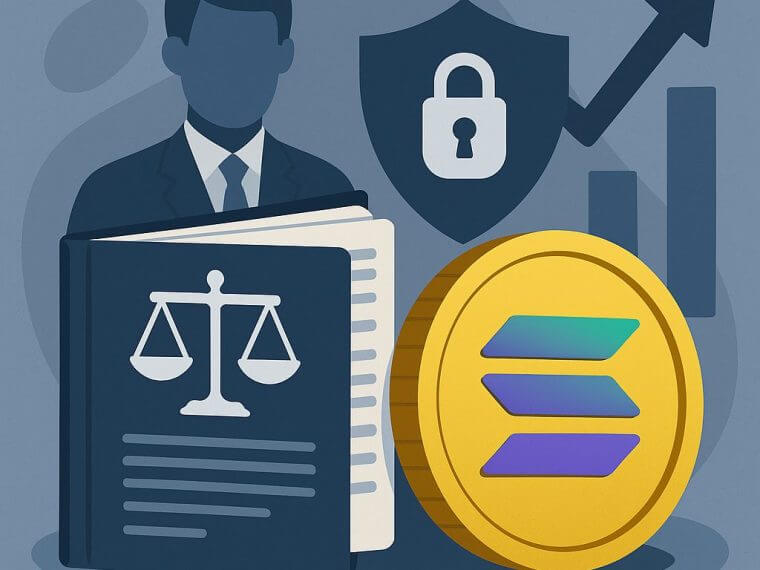Solana Founder Urges Bitcoin to Prepare for Quantum Threat by 2030
TLDR
- Solana co-founder Anatoly Yakovenko urges the Bitcoin community to act quickly against quantum computing threats.
- Yakovenko predicts a quantum computing breakthrough could happen within the next five years.
- Bitcoin needs to transition to a quantum-resistant signature scheme to safeguard its security.
- A hard fork may be necessary to upgrade Bitcoin’s cryptography to quantum-resistant standards.
- Experts disagree on the timeline, but many agree Bitcoin must prepare for quantum risks soon.
Solana co-founder Anatoly Yakovenko has urged the Bitcoin community to accelerate efforts to protect the network from quantum computing threats. At the All-In Summit 2025, he predicted a breakthrough in quantum computing within the next five years. Yakovenko emphasized that Bitcoin should move to a quantum-resistant signature scheme before quantum computers become a real threat.
Solana Founder Warns Bitcoin of Quantum Vulnerabilities
Yakovenko shared his concern about the rapid convergence of several technologies, including artificial intelligence and quantum computing. He stated that,
According to Yakovenko, the increasing speed of technological advancements calls for immediate action from the Bitcoin community. He stressed that securing Bitcoin against quantum attacks must become a top priority to avoid future risks.
Yakovenko’s statement follows widespread concerns that quantum computers will soon be capable of cracking existing encryption methods, including Bitcoin’s cryptography. While the Bitcoin network currently relies on elliptic curve cryptography, this could be vulnerable to quantum computing’s processing power. Bitcoin must address this vulnerability before quantum computers are fully developed.
Challenges in Upgrading Bitcoin’s Cryptography
Upgrading Bitcoin’s cryptography to a quantum-resistant system presents significant challenges. Implementing such a change would require a hard fork, a solution that many in the cryptocurrency community oppose. A hard fork would alter the Bitcoin protocol, making it incompatible with previous versions, potentially causing disruption within the community.
David Carvalho, the founder of Naoris Protocol, suggested that quantum computers could crack Bitcoin’s cryptography in less than five years. However, many in the Bitcoin community remain unconvinced. Blockstream CEO Adam Back, for example, believes that quantum computers are still not a credible threat to Bitcoin’s security.
Some Bitcoin advocates, including Samson Mow, do not see quantum computing as an immediate threat. Mow, the founder of Jan3, argued that while quantum computing poses a real risk, it is likely at least a decade away from threatening Bitcoin. Mow believes Bitcoin will outlast any technological challenges that may arise in the coming years.
The post Solana Founder Urges Bitcoin to Prepare for Quantum Threat by 2030 appeared first on CoinCentral.
También te puede interesar

Can Crypto Replace the Dollar?

FCA komt in 2026 met aangepaste cryptoregels voor Britse markt

